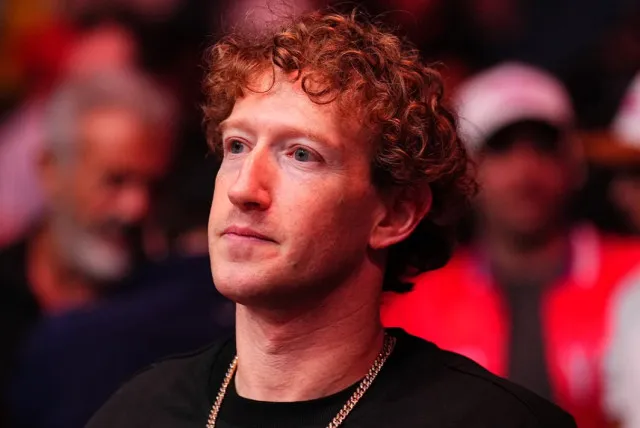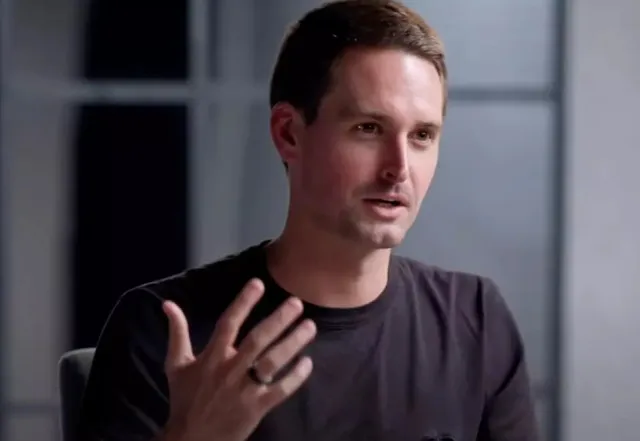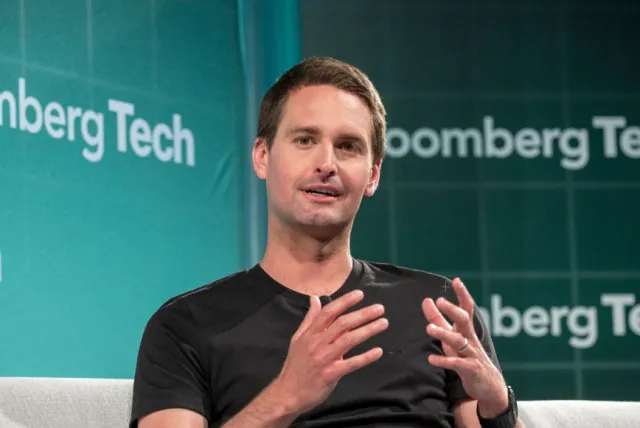Snapchat CEO reveals why he rejected Mark Zuckerberg’s $3 billion offer, explaining his decision to keep the company independent and growing.
In a recent interview, Evan Spiegel, the CEO of Snapchat, revealed why he rejected a $3 billion offer from Mark Zuckerberg.
The Facebook co-founder had made the impressive offer, but Spiegel chose to turn it down. This decision was made when Spiegel was just 23 years old.
The story sheds light on Spiegel’s vision for Snapchat and his belief in its future.
The offer from Mark Zuckerberg
When Zuckerberg made the offer to buy Snapchat, it was a significant moment for the young entrepreneur.
Spiegel recalled receiving an initial email from Zuckerberg and eventually having a meeting to discuss the potential sale.

During this meeting, they talked about what it could be like to work together. However, after discussions with his board and investors, Spiegel chose to decline the offer.
“I think it was an initial email and I think we met at some point.”
He continued: “There was a real conversation about what it would be like to join forces but ultimately when we talked with our board and investors we decided that we would rather go it alone.”
Snapchat CEO explains why he rejected Zuckerberg’s $3 billion acquisition offer
One of the main reasons Spiegel turned down the offer was his strong belief in Snapchat’s future.
He felt confident that the app had great potential and could grow significantly on its own.
Instead of joining forces with Zuckerberg, Spiegel preferred to continue leading Snapchat independently.
He believed that the company could achieve success without being acquired. Spiegel’s confidence in Snapchat was not just a feeling; his vision backed it for the app.

He wanted to create a unique platform that focused on visual communication and storytelling.
By staying independent, he felt he could better control the direction and growth of the company.
“When you have no context for what the company is working on, no idea what’s going on, how on earth are you supposed to come up with a great idea? I mean, it’s almost impossible.”
Insights from the diary of a CEO podcast
During his appearance on the “Diary of a CEO” podcast, Spiegel discussed his decision in more detail.
He emphasized that the conversations with Zuckerberg were real and meaningful.
However, after weighing the pros and cons, he and his team decided that going it alone was the best path forward.
Spiegel’s insights into the tech industry show that sometimes, it is essential to trust your instincts and beliefs.
He explained that many startups face similar decisions about whether to sell or keep growing independently.
His choice to stick with Snapchat serves as an example for other young entrepreneurs.

Testing new employees at Snapchat
In addition to discussing the offer from Zuckerberg, Spiegel shared his approach to hiring new employees at Snapchat.
He believes in putting new recruits to the test on their first day. This method helps them understand the company’s goals and challenges right away.
Spiegel explained that having no context about the company makes it hard for new hires to come up with innovative ideas.
He encourages them to brainstorm and propose ideas, even if most of them may not be good.
This approach helps foster creativity and allows employees to feel comfortable sharing their thoughts.
The CEO continued: “99% of ideas are not good—but 1% is. We really abide by the concept that the best way to have a good idea is to have lots of ideas.”
Importance of kindness in the workplace
Another important aspect Spiegel mentioned is the values he looks for in potential employees.
He believes that kindness, intelligence, and creativity are essential traits for a successful team.
According to Spiegel, kindness plays a crucial role in creating a positive and creative work culture.

He highlighted that when employees struggle, it is vital to be supportive and kind. Instead of merely comforting them, he encourages others to help them succeed.
This focus on kindness can lead to a more productive and collaborative environment at Snapchat.
Spiegel continued: “We learned over time that actually, wow, kindness is the essential ingredient if you want to have a creative culture.”
And he believes that when a worker is struggling, it’s even more important to be kind.
He added: “The nice thing to do is maybe just make them feel good about it: ‘oh don’t worry, I’m sure it’ll be okay’.